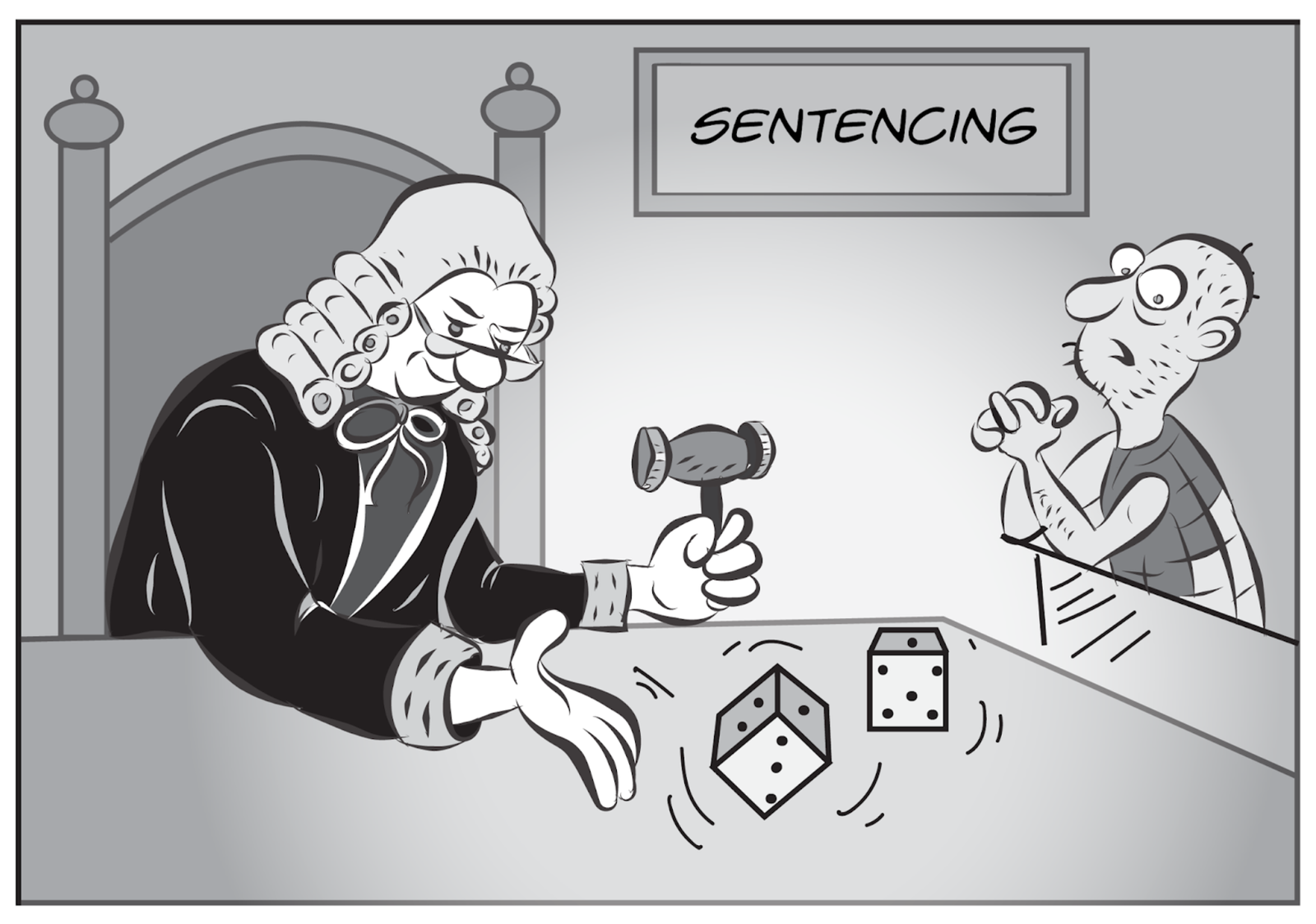Tag: numbers
-

Italians can remember fewer numbers.
Italians can remember fewer numbers. When you try to remember something like a phone number you have to keep repeating it to yourself or it disappears. This is because the part of your working memory which remembers sounds can only hold those sounds for a few seconds. Psychologists call that part of your brain the…
-

Judges should not play with dice
Judges, if they were allowed to play with dice, could be influenced by those dice when deciding on prison terms. I will explain how, but first I want to ask you a question: Do you think there are more or fewer than 15 countries in Africa? Think about it for a moment. More than 15…